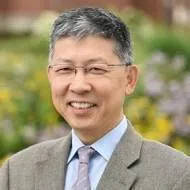Singapore-China relations under PM Lee Hsien Loong: A steady course of continuity
US academic Zhu Zhiqun reviews Singapore Prime Minister Lee Hsien Loong’s tenure over the past 20 years under the prism of Singapore-China relations. He notes that unlike some US allies and partners which have aligned their policies closely with the US to counter China’s rise, Singapore under Prime Minister Lee has skillfully handled great power rivalry and successfully managed friendly relations with both powers.
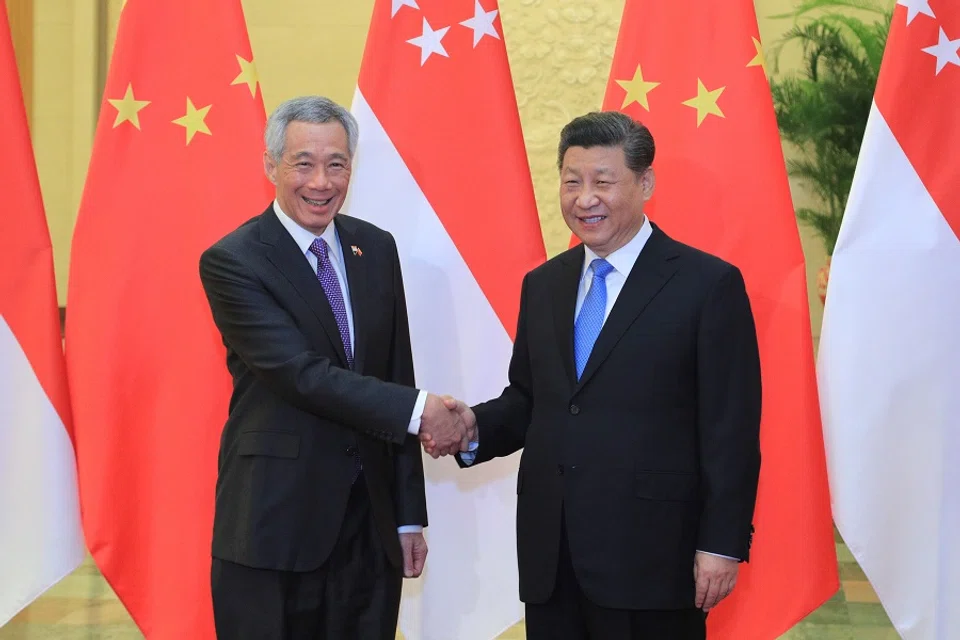
As Prime Minister Lee Hsien Loong passes the baton to the fourth generation of Singaporean leaders headed by current Deputy Prime Minister and Finance Minister Lawrence Wong, it is an opportune moment to review Singapore-China relations during Lee’s 20 years in office.
A model and partner for China
Singapore’s success as an “Asian tiger” was highly appealing to the Chinese. In late 1978 and early 1979, as Deng Xiaoping began to launch the policy of reform and opening up in China, he visited several advanced countries, including Japan, Singapore, and the US, and was deeply impressed by their achievements.
After Singapore-China diplomatic relations were established in October 1990, the Chinese government dispatched tens of thousands of mid-level officials to Singapore to learn from the city-state’s experience in governance, from housing to urban planning, and from sustainable development to social harmony.
Lee Hsien Loong’s tenure overlapped with the Hu Jintao (2003-2013) and Xi Jinping (2013 to present) administrations in China. Lee maintained good working relations with both Hu and Xi and met with them numerous times.
Lee’s policy towards China has been marked by close and extensive cooperation in expanding or developing mega government-to-government projects such as the Suzhou Industrial Park, Tianjin Eco-City and Chongqing Connectivity Initiative. Singapore-China relations have grown tremendously in all dimensions in the past 20 years.
Singapore became the first Asian country to sign a free trade agreement with China, which came into effect in 2009 and was upgraded in 2019, with new regulations governing e-commerce, fair competition and the environment.
Despite the challenges brought about by Covid-19, the two countries have continued to promote cooperation and exchanges.
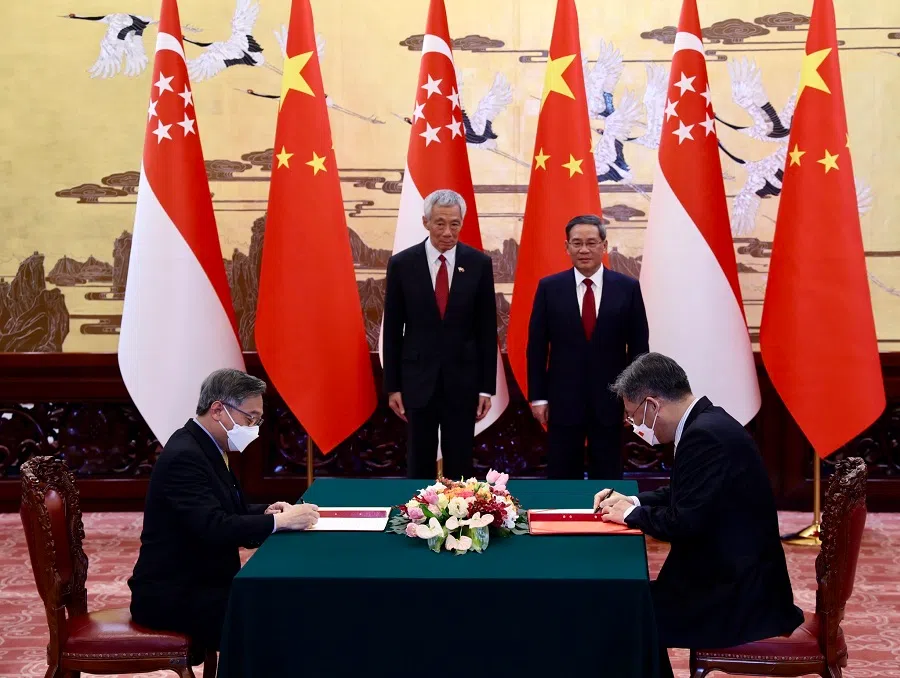
Since 2013 China has been Singapore’s biggest trading partner and Singapore China’s biggest foreign investor. Singapore has been a major investor in China’s Belt and Road Initiative and one of its earliest proponents, having signed a memorandum of understanding in April 2018.
Despite the challenges brought about by Covid-19, the two countries have continued to promote cooperation and exchanges. Since 9 February 2024, citizens of Singapore and China have been able to visit each other’s country visa-free for up to 30 days.
Bumps on the road
Though the Singapore-China relationship has been very friendly, it has not always been smooth sailing.
Problems in Singapore-China relations are mostly related to Taiwan. The Lee administration experienced a bumpy start in its relations with China. Singapore has maintained a friendly policy towards both sides of the Taiwan Strait even after official ties were established between the city-state and the People’s Republic of China in 1990.
On 10 July 2004, just one month before taking office, Lee visited Taiwan, with which Singapore maintains unofficial but close ties. Singaporean foreign ministry officials had advised that any visit to Taiwan by an incumbent prime minister would be diplomatically impossible. The visit was hence planned for Lee in his capacity as a private citizen before his official term began.
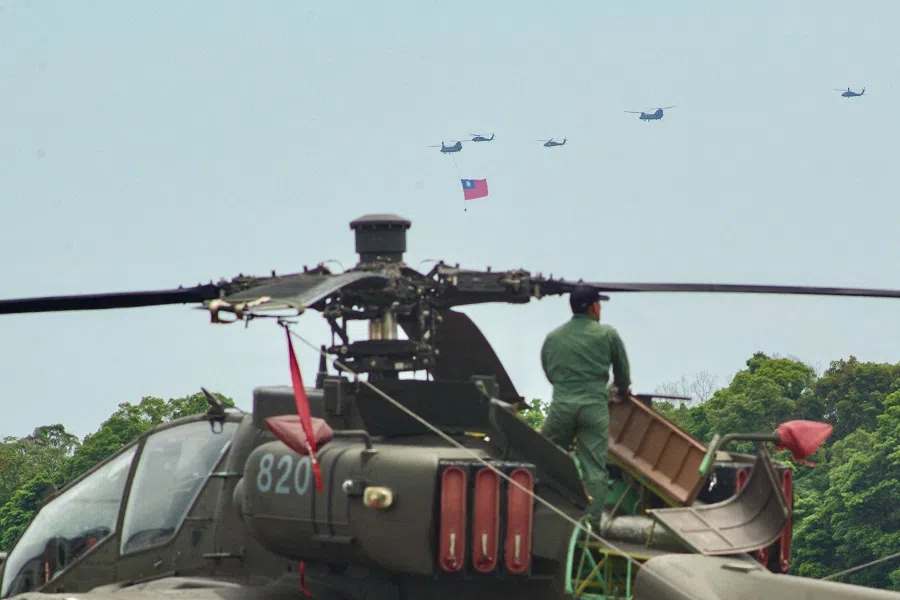
Beijing retaliated by cancelling several visits of high-ranking officials to Singapore and hinting that free trade negotiations would be pushed back. Relations with Beijing were mended after Prime Minister Lee met President Hu at the APEC Economic Leaders’ Meeting in Chile on 19 November 2004.
To Beijing’s chagrin, Singapore has continued to regularly send troops to train in Taiwan under Project Starlight launched in the 1970s and expects Beijing to respect its right to do so, despite Beijing’s pressure and repeated offers of Hainan as an alternative site.
Relations between Singapore and China cooled again in 2016 after the Chinese felt that the Singaporean government had expressed support for the international tribunal ruling of the South China Sea case, which dismissed Chinese claims of “historical rights” to the sea. In November 2016 the Port of Hong Kong seized nine Singapore Armed Forces vehicles which were en route from Taiwan to Singapore. Lee wrote to Hong Kong Chief Executive Leung Chun-ying requesting the return of the vehicles, which were eventually released in January 2017.
Singapore has since sought to improve relations with China, signing an enhanced defence agreement in October 2019 to expand military exercises with the People’s Liberation Army, provide mutual logistics support, and increase exchanges between the two armed forces.
On 7 November 2015, Singapore hosted a historic meeting between Taiwan’s leader Ma and mainland China’s leader Xi.
A gracious host
A small but respected country in international politics, Singapore has played host to some highly significant events during Lee’s term, most notably, the 2015 Xi Jinping-Ma Ying-jeou meeting and the 2018 Donald Trump-Kim Jong-un summit.
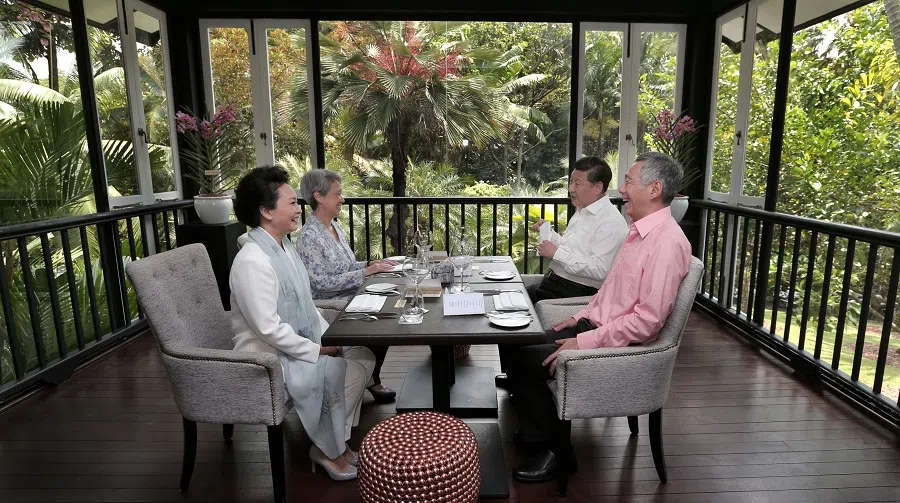
On 7 November 2015, Singapore hosted a historic meeting between Taiwan’s leader Ma and mainland China’s leader Xi. This was the first meeting of top political leaders from the two sides of the Taiwan Strait since the end of the Chinese Civil War in 1949. It was also a culmination of Ma’s term (2008-2016), during which the two sides signed 23 agreements and experienced a period of peace, prosperity and extensive exchanges.
Xi was paying a state visit to Singapore at the time celebrating 25 years of diplomatic relations between the two countries. Prime Minister Lee and Mrs Lee hosted a private lunch for Xi and Madame Peng Liyuan at the Singapore Botanic Gardens. Lee met with Ma separately after the Xi-Ma summit.
Singapore’s Ministry of Foreign Affairs noted that as a close and longstanding friend of both mainland China and Taiwan, Singapore was happy to facilitate and provide the venue for their direct dialogue. Unfortunately, the Democratic Progressive Party (DPP) that came to power in Taiwan in 2016 ended the détente across the Taiwan Strait by ditching the “one China” foundation for cross-strait dialogue.
On 12 June 2018, Singapore hosted another historic meeting between US President Donald Trump and North Korean leader Kim Jong-un, the first ever between top leaders of the two countries. Trump and Kim issued a joint statement, agreeing to security guarantees to North Korea, denuclearisation of the Korean peninsula, recovery of soldiers’ remains, and follow-up negotiations between high-level officials. China supported the summit with Kim flying to Singapore in an Air China aircraft. Both leaders also met separately with Prime Minister Lee.
Trump and Kim met two more times in Vietnam and the demilitarised zone (DMZ) between the two Koreas in 2019. US-North Korean relations deteriorated again as the US presidential election heated up in 2020. And as US-China rivalry intensifies now, the North Korea nuclear issue remains unresolved.
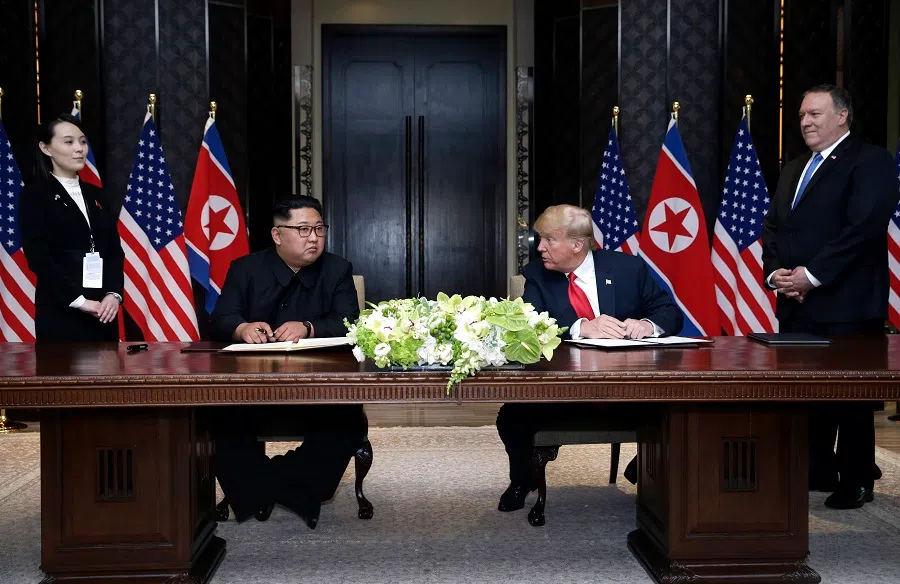
In addition, since 2002 Singapore has been hosting the annual Shangri-La Dialogue — Asia’s premier defence forum that enables military officials and experts from around the world, including the US and China, to discuss the most pressing regional security issues together.
... Lee and other Singaporean leaders have reiterated Singapore’s position to stay neutral and reject being forced to choose sides.
A stabilising force
Singapore is known for exercising its strategic autonomy and defending its own national interests in a turbulent world characterised by growing US-China tensions. Unlike some US allies and partners which have aligned their policies closely with the US to counter China’s rise, Singapore under Prime Minister Lee has skillfully handled great power rivalry and successfully managed friendly relations with both powers.
On many occasions, Lee and other Singaporean leaders have reiterated Singapore’s position to stay neutral and reject being forced to choose sides. Lee has urged the US and China to work together to reconcile their interests.
To allay outside concerns about potential policy changes associated with the leadership transition, the Singaporean government recently held high-level meetings with international financial institutions to assure them of the country’s stability and neutrality amidst rising global tensions. According to media reports, the briefings covered geopolitical issues like the US-China rivalry, the Ukraine war and the Middle East conflict.
One is expected to see continuity in Singapore’s foreign policy in the years ahead.
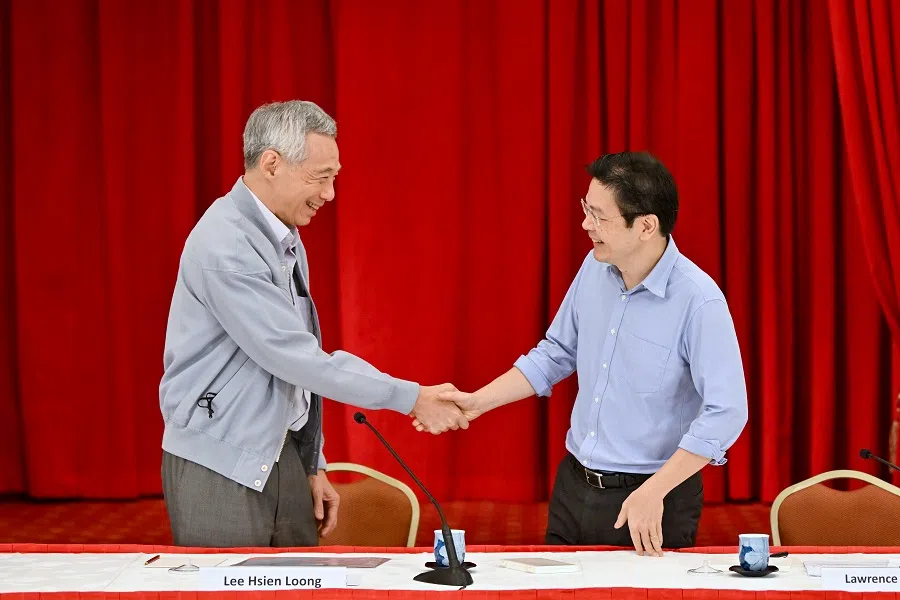
Generations of Singaporean leaders have helped preserve the city-state’s status as a safe, reliable, and trustworthy global financial hub amid geopolitical uncertainty. One is expected to see continuity in Singapore’s foreign policy in the years ahead.
For China, Singapore will remain a key partner in Southeast Asia. Singaporeans’ views of China and Chinese views of Singapore have been constantly positive. The strong relationship initiated by Lee Kuan Yew and Deng Xiaoping and nurtured by generations of leaders on both sides has benefited the two countries and is likely to remain strong and dynamic in the future.
